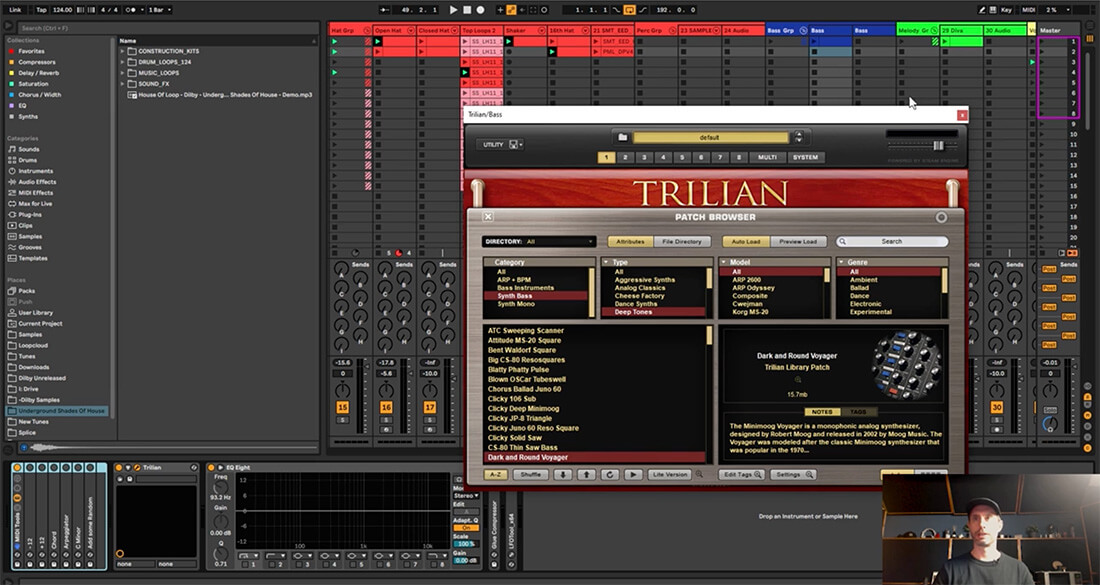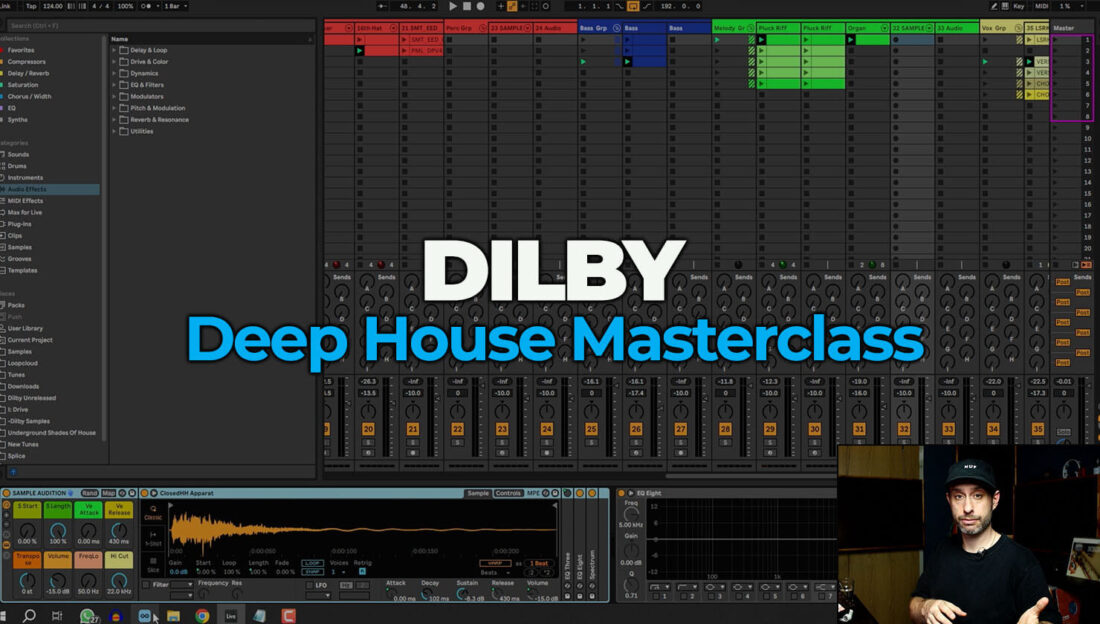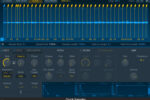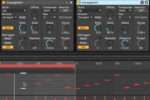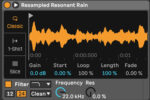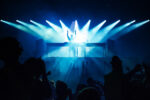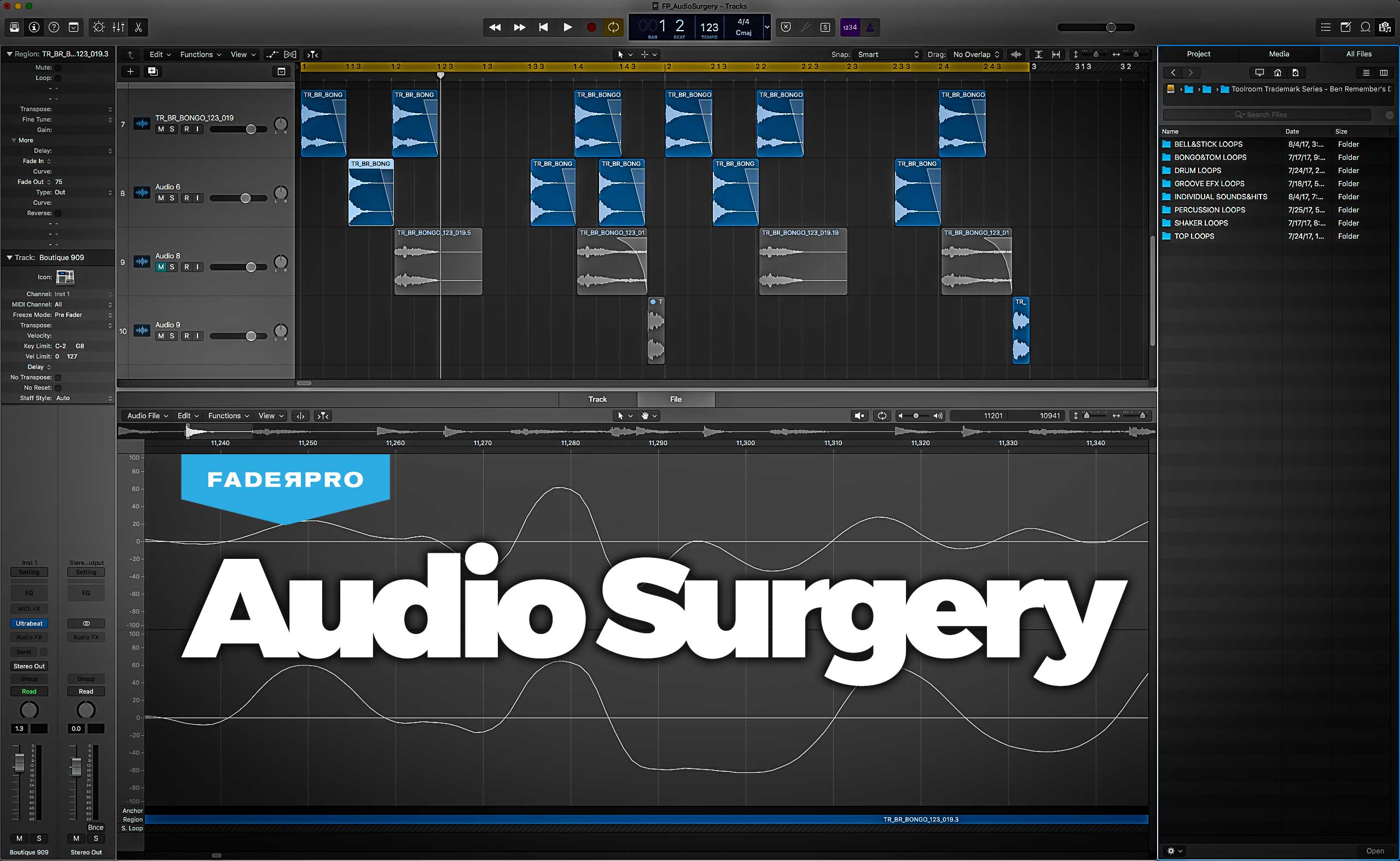What is Deep House?
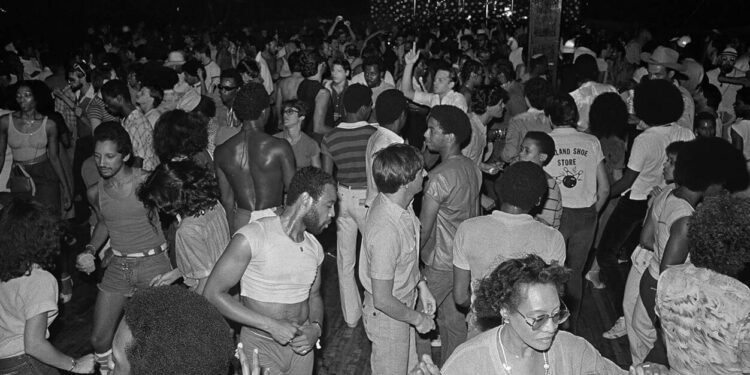
In the vast landscape of electronic music, few genres captivate listeners quite like deep house.
Known for its hypnotic rhythms, soulful melodies, and an unmistakable groove, deep house has established itself as a cornerstone of the electronic dance music scene.
In this comprehensive guide, we’ll delve into the world of deep house music, exploring its rich history, defining characteristics, subgenres, the role of DJs, and why it continues to be a beloved genre for music enthusiasts worldwide.
The Origins of Deep House Music
Deep house music emerged in the 1980s, primarily in Chicago, Illinois. It was a direct response to the high-energy beats of disco and the more aggressive sound of house music.
DJs and producers like Larry Heard, Frankie Knuckles, and Ron Hardy played pivotal roles in shaping the genre. They were inspired by the lush, melodic sounds of soul, jazz, and funk, and they sought to fuse these elements with the electronic beats of the time, giving birth to deep house.
The genre gained traction in the city’s underground club scene and quickly spread globally.
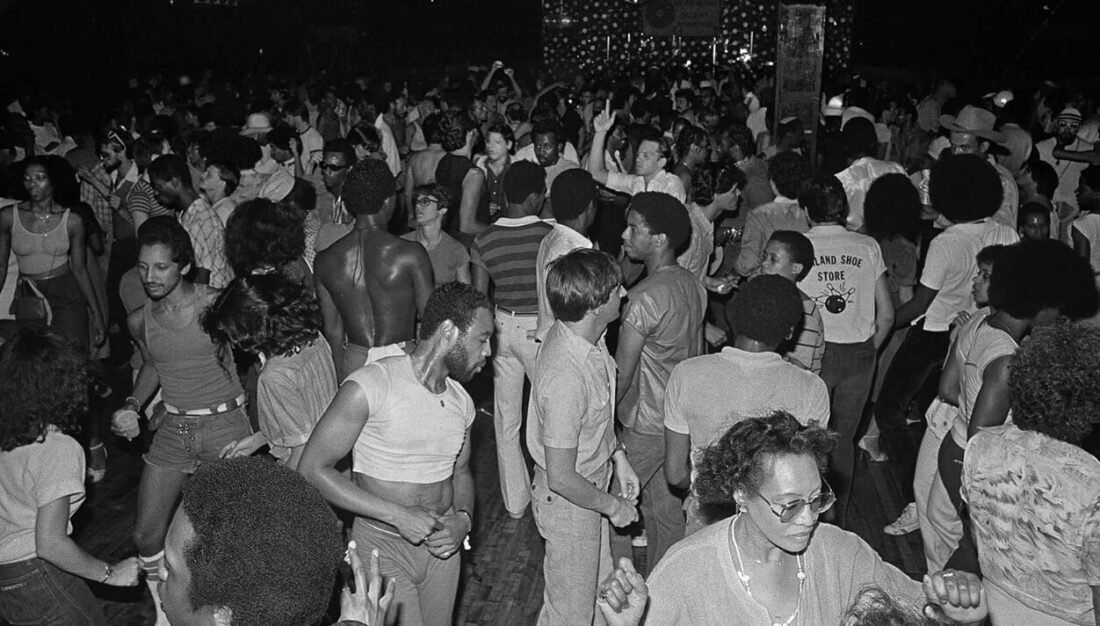
Photo: Bill Bernstein
The Deep House Sound
At its core, deep house is characterized by its slower tempo, typically ranging from 110 to 125 BPM. This deliberate pace allows for a more relaxed and immersive experience on the dancefloor.
The use of smooth, rolling basslines and soothing, harmonious melodies also contributes to the genre’s trademark sound.
The 4/4 Beat: A Steady Groove
One of the defining features of deep house is its use of a 4/4 kick pattern. This consistent rhythm, provides a steady groove that is both infectious and danceable. It creates a hypnotic pulse that underlies the entire track, inviting the listener to get lost in the music.
Soulful Vocals and Samples
Deep house frequently incorporates soulful vocals and samples, adding an emotional depth that distinguishes it from other electronic genres.
These vocals often tell a story or convey a sense of longing, creating a connection with the listener on a deep level. The choice of vocal samples is crucial in evoking the desired mood and atmosphere in a track of this genre.
Minimalism and Simplicity
Deep house values simplicity and minimalism.
It’s not about overwhelming the listener with a barrage of sounds but rather about crafting a hypnotic atmosphere through carefully chosen elements. This restraint allows for a more profound exploration of each musical component, and it’s one of the reasons deep house is often described as a genre that you feel as much as you hear.
The Genre Today
Of course in today’s electronic music landscape, deep house continues to thrive.
Renowned artists, DJs and producers like Rüfüs Du Sol, Bob Moses, The Blessed Madonna, Solomun, Dixon, Maya Jane Coles, and Black Coffee have carried the torch, introducing their own interpretations of the genre.
Festivals and clubs worldwide feature dedicated stages or nights for deep house, attracting devoted fans who appreciate its timeless allure. Streaming platforms and online communities have also facilitated the genre’s reach, allowing fans to discover new tracks and artists with ease.
The Deep House Experience
Listening to deep house is more than just hearing music; it’s about feeling it. The genre’s ability to evoke a sense of nostalgia, euphoria, and introspection is what draws people to it.
Whether you’re dancing in a crowded club, relaxing at home, or driving with the windows down, deep house can transport you to another place. It has a unique power to connect with your emotions and create a sense of unity with those around you on the dancefloor.
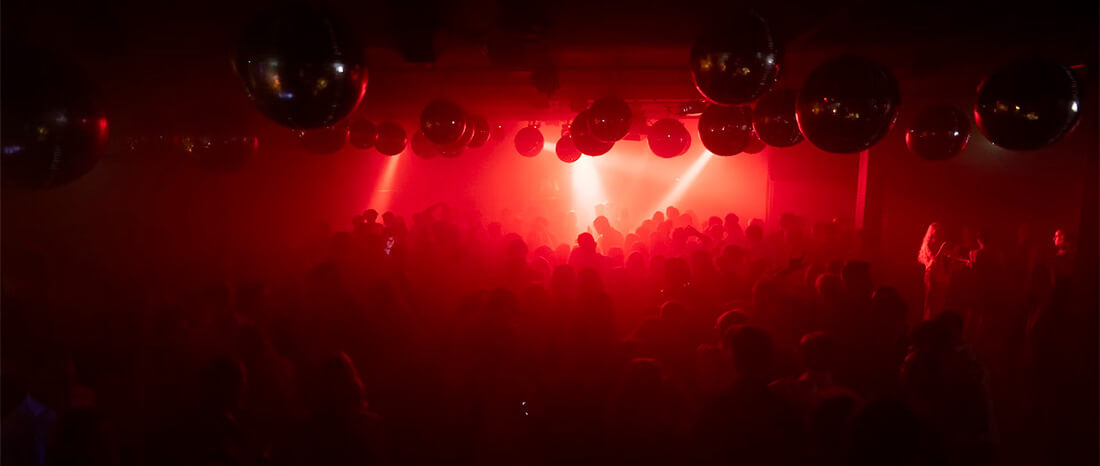
The Future
As deep house continues to evolve, it remains at the forefront of electronic music innovation.
Producers are constantly experimenting with new sounds to push the boundaries of the genre while staying true to its core elements. The future of the genre holds exciting possibilities, with emerging artists and established legends collaborating to create fresh and inspiring tracks.
This genre’s ability to adapt and resonate with diverse audiences ensures that it will remain a vital part of the electronic music landscape for years to come.
What’s Next?
If you want to explore deep house in more detail and build your own track, consider checking out our latest course, Deep House Masterclass w/ Dilby.
